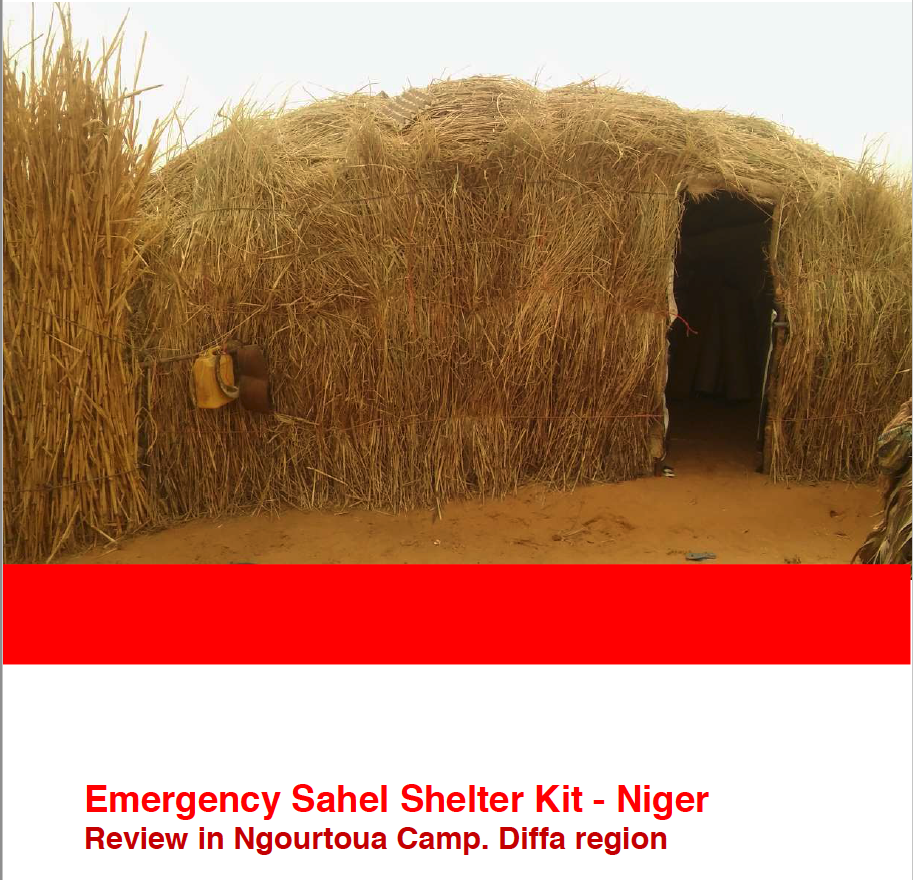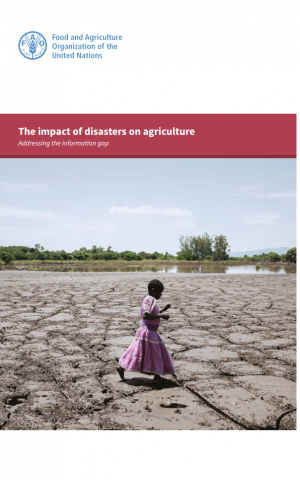Refugee Economies: Rethinking Popular Assumptions
This research report by the University of Oxford Refugees Studies Centre challenges the current model of donor state-led assistance, drawing on ground-breaking new research on the economic life of refugees in Uganda. By attempting to understand the economic systems of displaced populations, the researchers hope to generate new ideas which can turn current humanitarian challenges into sustainable opportunities.
The research findings address five popular myths:
- that refugees are economically isolated;
- that they are a burden on host states;
- that they are economically homogenous;
- that they are technologically illiterate;
- that they are dependent on humanitarian assistance.
Source: University of Oxford Refugees Studies Centre, 2014
Full report, Research in brief
http://www.rsc.ox.ac.uk/refugeeeconomies, http://www.rsc.ox.ac.uk/publications/research-in-brief-refugee-economies


